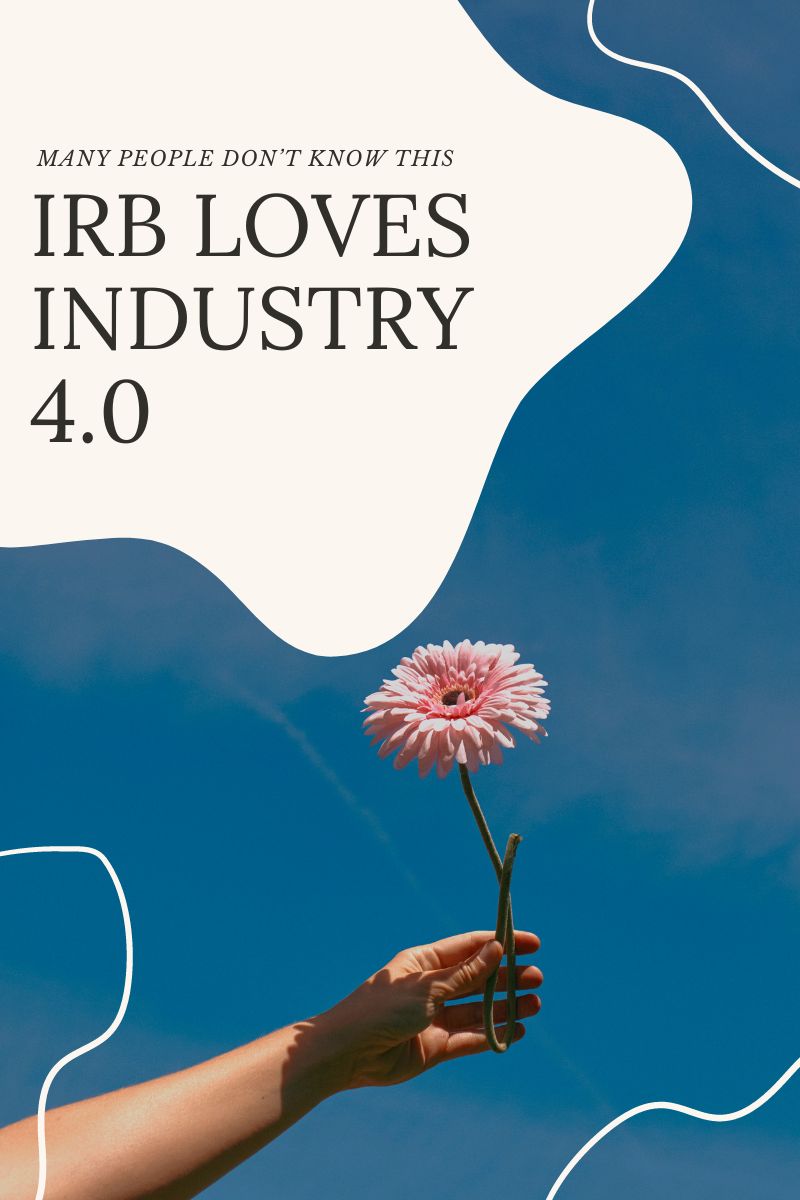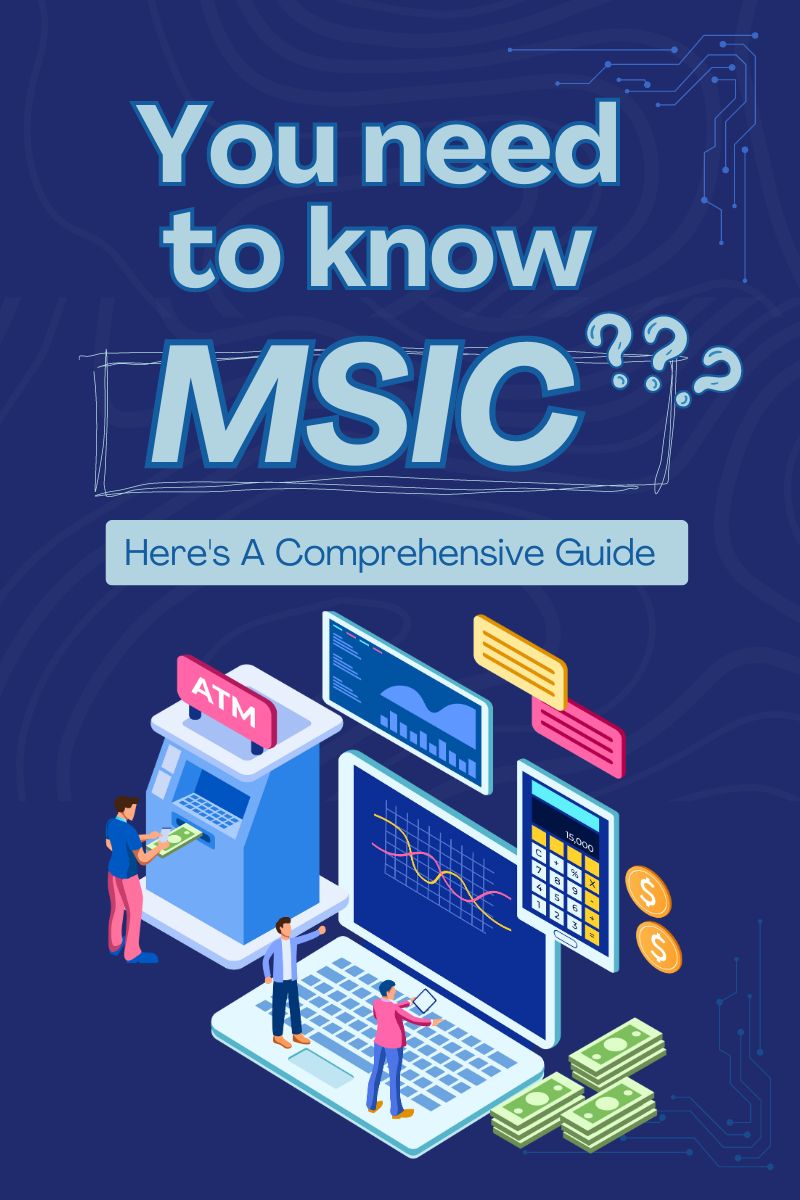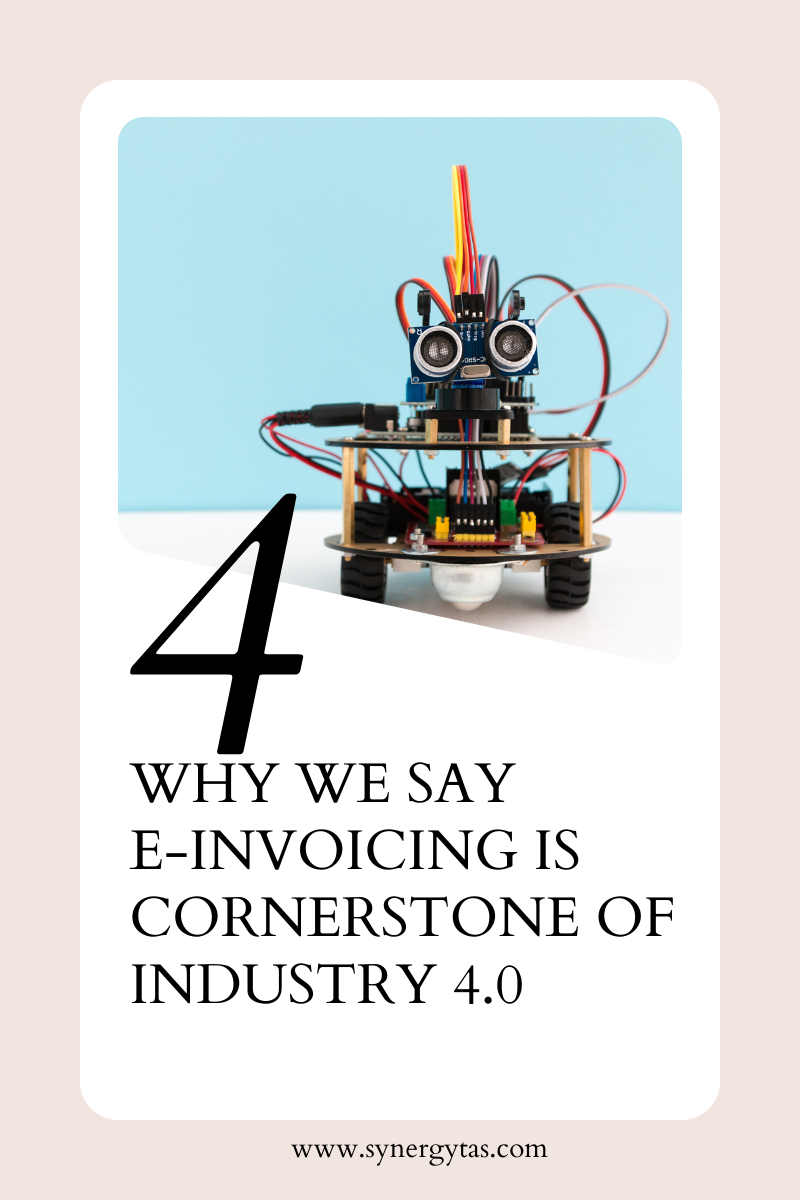Understanding Industry 4.0 and Its Impact on IRB Audit Practices
Before venturing into the specifics of IRB’s transformation, it’s pivotal to grasp the scope of Industry 4.0. It’s not just about machines talking to one another; Industry 4.0 signifies a ‘smart’ way of tracking “tax mistakes” and working that bestows intelligence on technology and leverages it to optimise operations. For tax authorities, the implications are profound. Imagine all invoices in the country through IRB’s MyInvois portal, gathering real-time data on purchases and revenue and reconciliation to the supplier and customers. Feed the data into machine learning to identify trends, then through AI to identify high-risk taxpayers. Automating tax transactions and AI providing critical forecasting.
Industry 4.0 is the backbone of a leaner, meaner, more resilient corporation—one that is tax-savvy to the bone. What does this mean in the context of IRB?

Breaking Down the Traditional Tax Audit for IRB
A traditional tax audit is labour-intensive and time-consuming, involving vast amounts of data across spreadsheets and ledger books. The stakes are high, and the slightest misstep can result in costly business penalties. The pressure on tax auditors is palpable, and their astuteness is second to none.
Data analysis is painstaking, but it will really save the day for tax authorities. Each financial statement or invoice entry is scrutinised, cross-referenced, and cross-checked. The objective is clear, but the process is opaque. Transparency only paints half the picture; efficiency and efficacy demand a technological upgrade. Also, it works great to predict the country’s tax revenue to be collected by tax submission season.
While that’s just half the story, another part will be the linkage to PADU. That’s another huge connector, where access to JPJ records, immigration travel records, property ownership, shareholdings, purchase of high-value goods, and spending patterns of each individual. It used to be CASH IS KING; now we see it as DATA is KING. Especially in the context of the IRB, the precision of data helps them to make a very specific target: increasing tax collection. Well, it is not hard to imagine that the next step will be to access the bank accounts.

The IRB’s Technological Paradox: Precision Amidst Scale
Here’s where IRBs are bridging the gap with IR4.0. Instead of ‘manual’ intervention, it’s ‘machine’ intervention. But don’t be fooled; the process is no less rigorous, just more precise. The era of paper trails is giving way to digital footprints, and IRBs are using these footprints to their advantage like never before.
Data analytics sifts through mountains of invoices, identifying patterns and anomalies that would elude the human eye. IoT devices provide a real-time snapshot of business activities down to the second. Machine learning algorithms refine themselves based on past audits, continually sharpening the IRB’s audit tools. AI brings predictive capabilities, forecasting tax evasions before they occur and preventing them with ominous efficiency.
Emerging Trends and Future Horizons of IRB Auditing with Industry 4.0
The road ahead for IRBs is paved with possibilities. The potential benefits are manifold, fusing compliance and convenience in unprecedented ways. But as with any revolution, there are teething problems. One standout issue is the consistent evolution of tax laws and the subsequent calibration of Industry 4.0 tools to remain compliant.

With data, is it easy for Malaysia to explore the beginning of GREEN TAX, CARBON TAX, or GST?
But the greatest potential lies in integrating sustainability metrics into tax audits, infusing the environmental, social, and governance (ESG) agenda into the heart of business proceedings. IRBs are poised to lead the charge on taxing carbon emissions and engage with the global thrust towards responsibility and sustainability.
Examples of IRB-Aiding Innovations in the Retail Sector
In the retail realm, the Industry 4.0 metamorphosis is particularly potent. Imagine a world where the ‘bill to pay’ cycle is not days but microseconds. Automated tax audits that zap away inefficiencies faster than you can say ‘tax-deductible’. Here, the sensoric supply chains match an ideal match for IRB sensors. Data streams converge to paint not a picture but a living, breathing regulatory framework that’s as adaptive as it is stringent.
Greener, cleaner, and leaner supply chains aren’t just profitable; they are IRB-preferred. ESG matrix tracking could soon become a staple in the IRB’s digital diet—one that consumers and businesses are likely to relish and respect.
The Call for Collective Action in IRB Innovation
The onus to adapt to the digital age doesn’t solely lie on the shoulders of the tax authorities. There’s a chorus of stakeholders, each with their role in fine-tuning this digital symphony.
It’s a call to action for industry leaders to invest in these new digital paradigms, for regulators to draft laws that are not static but dynamic enough to keep pace with technology, and for developers to create ethical, effective, and efficient software.

Lastly, professionals and practitioners should become the architects of this digital revolution, not its casualties. Before they were designed, we believe that one must first be able to anticipate the actions and intentions of IRB. Those who are aware of the significance of Industry 4.0 to IRB will then know how to design their e-invoicing system.
In conclusion, IRBs are at a pivotal juncture in their digital evolution. The mantle of Industry 4.0 is not a burden but a beacon, lighting the path towards a more harmonious and equitable tax ecosystem. Malaysia has long been marked as a country with huge links to money laundering, and the understatement of taxes is highly common among small and medium enterprises.
The bigger companies, especially those in Phase 1, are the first to go through the cycle. However, we are aware that many did not consider the linkage of e-invoicing to Industry 4.0. It was a highly foreign topic to me at the beginning of 2023. But not anymore after the many discussions and briefings from Dr Choong Kwai Fatt. It is indeed eye-opening to see how he foresees the future of taxation and his in-depth understanding of Industry 4.0. Our many conversations, debates, and explanation sessions benefitted me greatly. Here we are to make sure our friends who are in our email list, too, are well aware of these huge changes and be prepared for it.
It is a transformation that is not just about calculators and spreadsheets but is reshaping the very contours of governance and compliance. And we, as participants in this digital dance, must ensure we make every step count towards a finessed, faultless finale.
If the whole concept of e-invoicing is fairly vague to you, I suggest you start with this article: “Why is the Malaysian government implementing e-invoicing now?”









